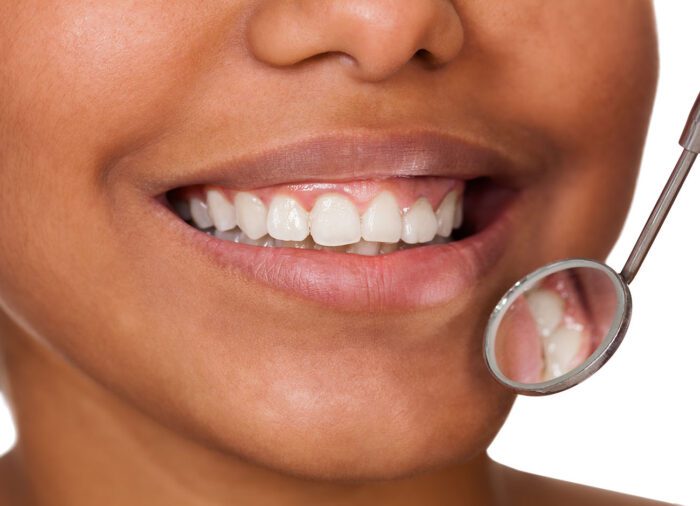Gum disease, also known as periodontal disease, affects millions of people worldwide. It begins with bacterial growth in your mouth. If untreated, it can lead to tooth loss and other serious health issues. The two main stages of gum disease are gingivitis and periodontitis. Gingivitis is the early stage of gum disease. It involves inflammation and bleeding of the gums. Periodontitis is more severe and affects the bone that supports the teeth. Recognizing the early signs of gum disease is crucial for effective treatment.

Causes of Gum Disease
Plaque buildup is the primary cause of gum disease. Plaque is a sticky film of bacteria that forms on your teeth constantly. If not removed, it hardens into tartar, which can only be removed by a dentist. Other factors contribute to periodontal disease as well. Smoking and tobacco use significantly increase the risk. Hormonal changes in women can make gums more sensitive. Certain illnesses, such as diabetes, can also affect gum health. Poor oral hygiene is a major contributing factor. Inadequate brushing and flossing allow plaque to build up and harden.
Preventing Gum Disease
Good oral hygiene is crucial for preventing disease. Brush your teeth at least twice a day with fluoride toothpaste. Use a soft-bristled toothbrush to avoid damaging your gums. Replace your toothbrush every three to four months, or sooner if the bristles become frayed. Floss daily to remove plaque from between your teeth and under the gumline. Mouthwash can also reduce plaque and gingivitis. Regular dental check-ups are essential. Your dentist can detect early signs of gum disease and provide professional cleanings. Eating a balanced diet also supports gum health. Avoid sugary snacks and drinks, which contribute to plaque buildup.
Treating Periodontal Disease
Treatment depends on the stage of the disease. For gingivitis, improved oral hygiene may be enough to reverse the condition. Your dentist may also recommend professional cleaning to remove plaque and tartar.
Scaling and root planing are common treatments for more advanced gum disease. These procedures remove tartar and smooth root surfaces, helping gums reattach to teeth. For periodontitis, more intensive treatment is often necessary. This may include antibiotics to control infection.
Surgery options include flap surgery, bone grafts, and tissue grafts. Flap surgery involves lifting back the gums to remove tartar and then suturing them back in place. Bone grafts use fragments of your own bone, donated bone, or synthetic bone to replace bone destroyed by periodontitis. Tissue grafts use synthetic material or tissue from another part of your mouth to cover exposed roots.
When to See a Dentist
See your dentist if you notice any symptoms of gum disease. These include red, swollen, or bleeding gums. Persistent bad breath is another sign of gum disease. Loose teeth or changes in your bite are also concerning. Early detection could prevent more serious problems. Regular dental check-ups are essential for maintaining oral health. Your dentist can detect early signs of gum disease and provide professional cleanings. They can also recommend treatments to prevent the disease from progressing.
Choosing the right dental practice is important for maintaining oral health. First Light Dental of Coastal Virginia, led by Dr. William Harper, offers comprehensive care. From routine cleanings to advanced treatments, they provide personalized service. Their team is dedicated to helping you maintain a healthy smile. They use the latest technology and techniques to ensure the best possible care. Schedule your appointment today for a brighter, healthier future.

